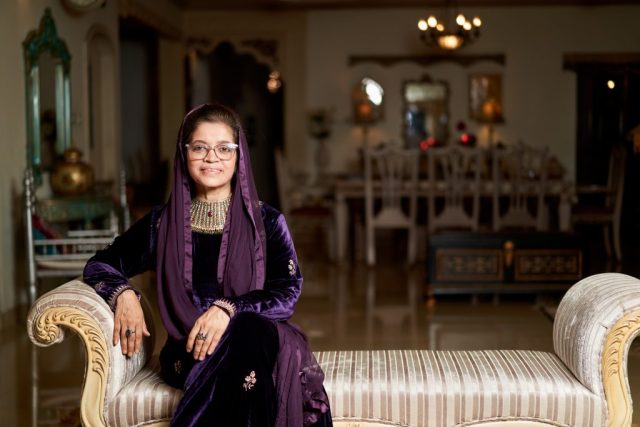Suraiya Zannath
Lead Governance & Financial Management Specialist
World Bank
Chartered Accountants (CA) have a reputation worldwide as professionals, and the number of women in this profession is also increasing. There are 2,100 Chartered Accountants in Bangladesh, of which 137 are women, according to the Institute of Chartered Accountants of Bangladesh (ICAB). Back then, in 1973, there were 78 Chartered Accountants during the establishment of ICAB in Bangladesh.
However, Bangladesh had to wait till 1989 for the first female CA. The name of the first female CA in the country is Ms. Suraiya Zannath, now the Lead Governance & Financial Management Specialist of the World Bank.
She is responsible for the Bangladesh program and supports other countries in South Asia and beyond on fiduciary service, developing strategies for public financial management reforms and providing policy & advisory services. In addition, she has led policy dialogue with various stakeholders and is known for bringing together legislative oversight and P.F.M. reform through a standalone project for the Parliament, the first of its kind for the South Asia Region and the World Bank in Bangladesh.
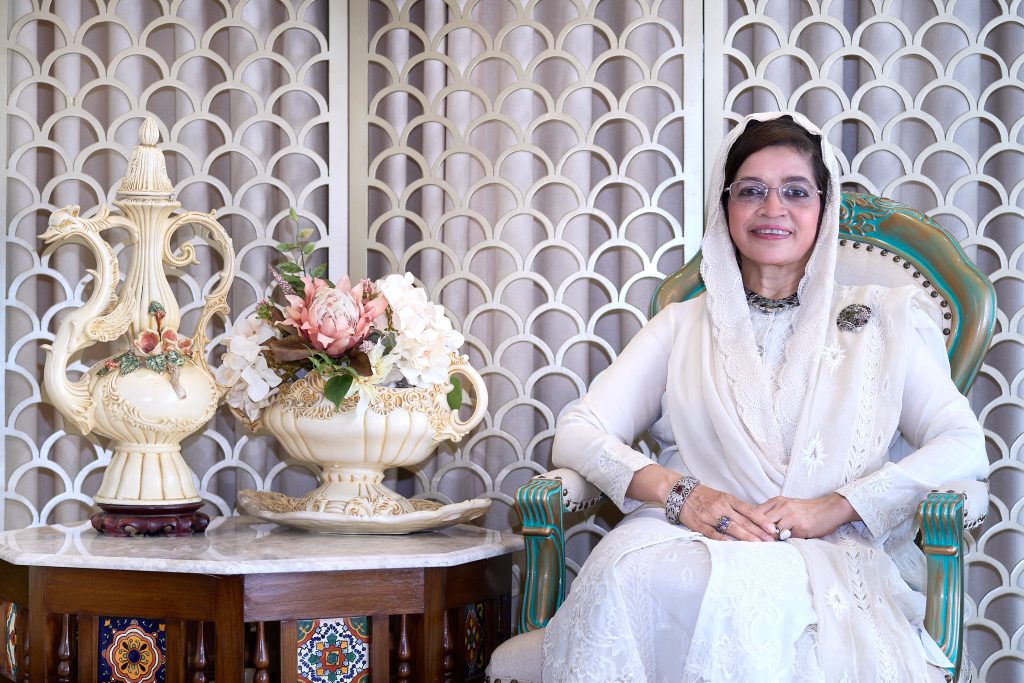
Prior to joining the World Bank, she worked as Group Chief Financial Officer of an international N.G.O. and oversaw the Financial Management operations in Jordan, Thailand, the Philippines, and Nepal. Her analytical and advisory work for policy notes on Promoting Public Private Partnership for improved public sector auditing, Public Expenditure Financial Accountability, and Report on the observance of Codes and standards led to government commitment to implementing policy recommendations through many Technical Assistance projects.
A Chartered Accountant by profession, Ms. Suraiya also holds the unique distinction of being the first woman to qualify as a C.A. from the Institute of Chartered Accountants of Bangladesh. However, all these journeys were not smooth. When Ms. Suraiya enrolled at Chattogram Commerce College, the usual perception was that women do not study Business Studies, and even if they did, they eventually quit. Even her Principal too made it clear during her admission.
Following this, she shared a story about herself. When she said she aimed to become a Chartered Accountant in the future, her Principal asked her to spell “chartered.” Unfortunately, she made a slight mistake while spelling it, and he ridiculed her, quoting, “The spelling articulates how well you are going to do!” Nevertheless, with time, not only did Ms. Suraiya complete the course, but she also placed herself on the merit list. After she completed Chartered Accountancy in 1989, she worked at BRAC and Save the Children.
Her hard work and sheer determination led her to become a pioneer in the country’s finance sector. It is a must to know her journey. Please read every detail because every word is precious.
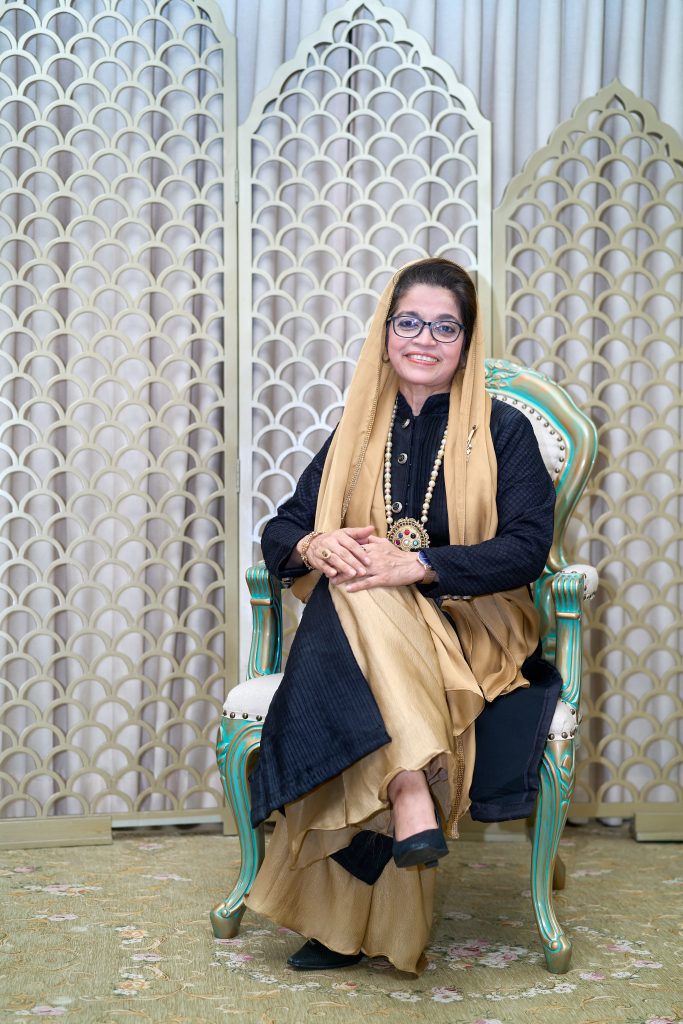
Cogitation of Work
The InCAP: Ms. Suraiya Zannath! It’s a matter of pride that you are the first female C.A. in Bangladesh. Would you please share your journey?
Suraiya Zannath: Let me share my journey by quoting the heading of a recent interview with The Business Standard “From Negative classroom experience to becoming country’s first female C.A.”
I never had any dream of becoming a Chartered Accountant. Certainly, the bundle of essays I used to write on “Aim in Life” in school exams never included C.A. as my dream profession. It was just a random idea as I didn’t want to be with school friends who did better than me in the S.S.C. exam. So I looked for something different to study and bring myself at par with the results of my friends. Maybe the challenge taker trait started ingraining in me from that time.
I went to C.T.G. Commerce College to enroll in H.S.C., knowing fully the usual perception that women do not study commerce, and even if they do, they eventually quit. In fact, the Principal, too, made it clear to me during the admission interview.
Amongst the Principal’s many questions, I explained why I wanted to study in commerce; the sole purpose was to become C.A. But I made a mistake while spelling it, and he ridiculed me, saying, “The spelling says how well you are going to study C.A.!” This ridicule worked as a game changer in my academic life.
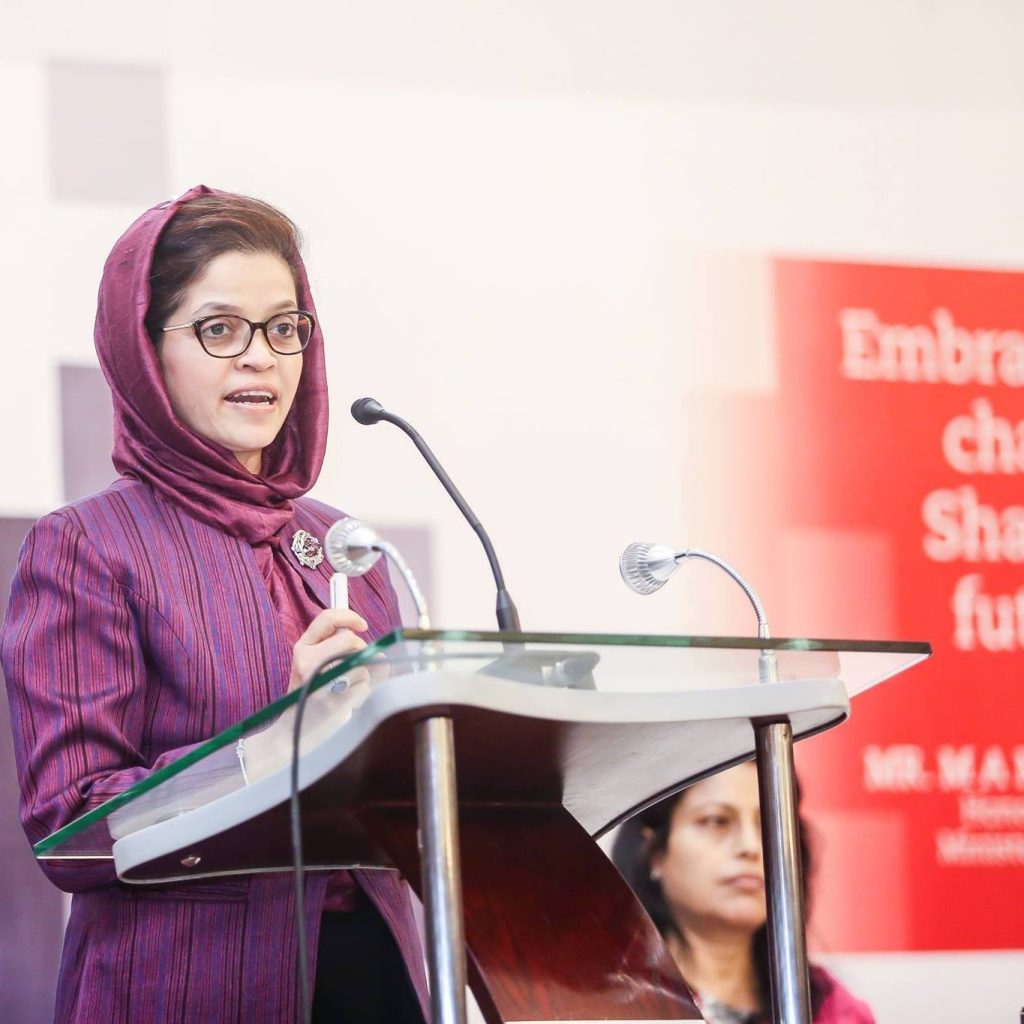
The Principal’s words really jolted me to excel in my higher studies. Though numbers were not my strong suit, I took statistics as an additional subject that put me on the merit list.
After my graduation, even before the results were out, I came to Dhaka to pursue C.A. That was the time when women were not allowed to join chartered accountancy firms. My uncle, a partner at the firm where I wanted to register, gave me the opportunity after tackling huge resistance from other partners. As there were no female students in that firm, the environment was not conducive for my articles. Another challenge I faced after my admission in the firm was male students’ unwillingness to go out with me for an audit, lest they get into a scandal. Unlike special facilities given to female students now, no such facilities existed at that time.
Becoming CA was extremely tough at that time. It was not an ordinary challenge. I told myself, for three and a half years I was not going to keep any friends, for three and a half years I was not going to socialize, and for three and a half years I was going to give it my all Hard work and sheer determination that led me to become a pioneer in the country’s finance profession.
After I qualified, I went to meet the Principal, who had chided me for making a spelling mistake. He was apologetic but wished me for continued success. I told him, ‘Sir, you have spoken from your experience, but your words made me take up a challenge.’ Sometimes negative things are taken in a positive spirit that can become a turning point in your life. That is the lesson I have learned from this journey.
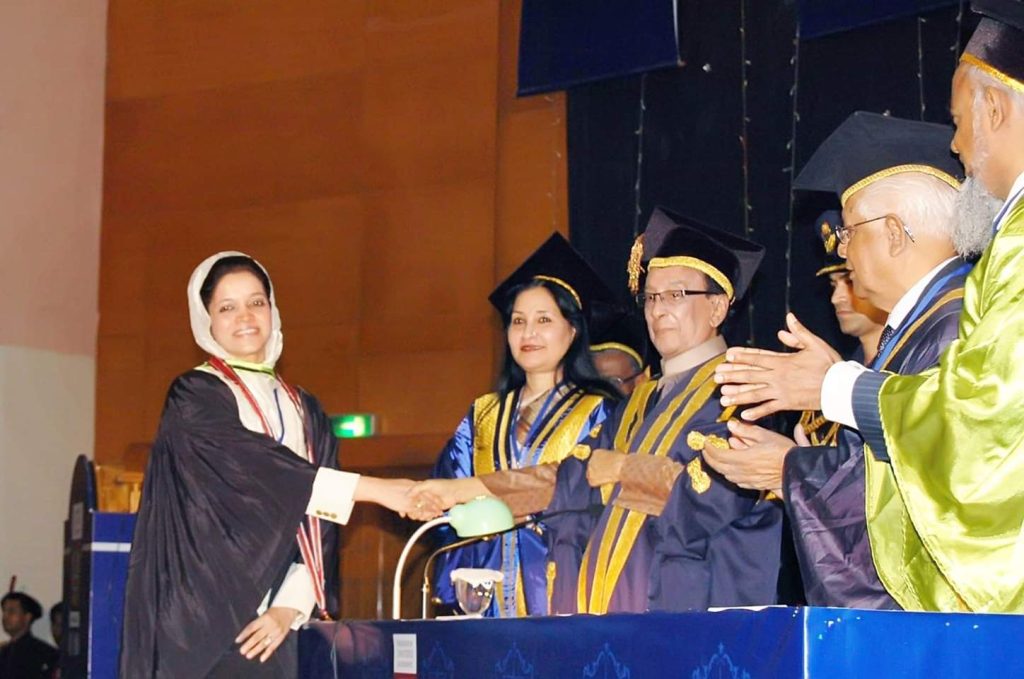
What experience do you have in team leadership? How would you describe your leadership style?
My experience originating from team leadership are:
- Leaders communicate clearly. Good leaders say what they mean and mean what they say. They’re not passive-aggressive, nor do they shy away from addressing challenges in a direct manner.
- They’re passionate about their work. So many good leaders love what they do, and they’re not afraid to show it.
- They’re positive and encouraging. Good leaders are uplifting. They praise a job well done, taking time to coach and train if there are lapses in performance.
- They respect others. From direct reports and peers to clients and their higher-ups, good leaders treat others as they want to be treated.
- They build relationships. The ability to form productive connections is a key quality of a good leader. A good leader knows the value of mutually beneficial relationships.
- They lead by example. An essential part of what makes a good leader is setting the right example.
- They never stop learning. Perhaps the most important characteristic of good leaders is that they’re continuous learners. A good leader always wants to know more.
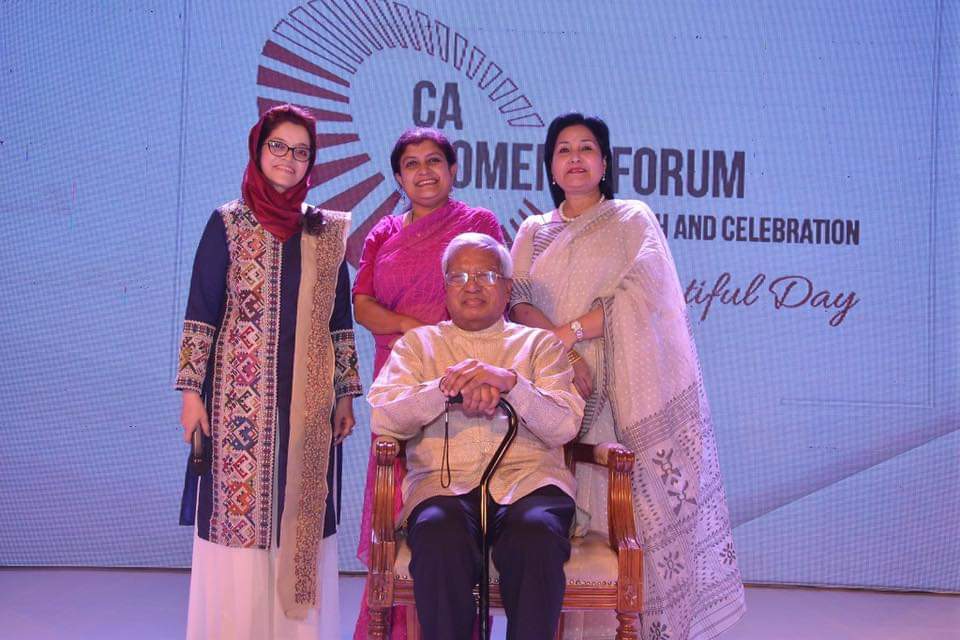
I invested a lot of time and energy in acquiring leadership qualities. My current position necessities this requirement. My style of doing business remains aligned with some of these features. I also try to focus on two additional traits -humbleness and not exercising authority or Power unjustly.
The executive education program at Harvard Business School provided a great opportunity to have practical exposure to leadership attributes and why this role is important in today’s complex business world.
What would you say is your greatest strength that could benefit your career as a Financial Management Specialist analyst? And from your role, what is the core challenge you face?
Strengths:
- Knowledge is Power- sharpen and deepen it constantly.
- Preach and practice what I know and believe.
- Think beyond the box. Don’t do business as usual
- Understand the context well before responding; do not act in the abstract.
- Stay calm and positive in adversity.
Challenges:
- Maintaining work-life balance.
- Hybrid work model and deadline management
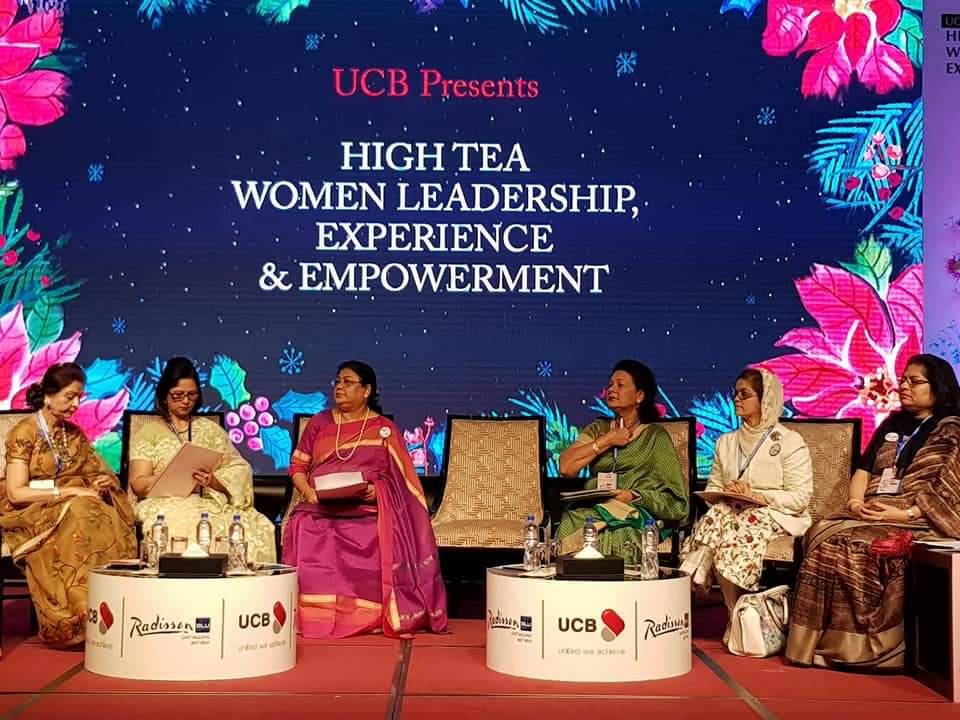
Ms. Suraiya, what do you think is the biggest challenge in Bangladesh’s economy in recent times? What can be the solution do you think?
Bangladesh’s economic progress over the last decades is significant. The country is expected to graduate from the L.D.C. category in 2026 and to become an upper-middle-income country within the next decade.
Current growth rates are no reason for complacency. It is a state-managed maintenance economy, not a market-oriented economy. It is driven by structural reforms in the past reforms and macroeconomic stability, not futuristic.
According to a recent World Bank report on “Country Economic Memorandum, Change of Fabrics”, the current pace of growth will be difficult to sustain without major structural adjustment, export diversification, financial sector reform, and getting urbanization right. Added to these are the climate change challenges, external shocks, and geopolitics.
Bangladesh will need to find new drivers of export and growth instead of high dependence on R.M.G., strong political will to reform banking sector vulnerability, public policy reform to boost the urban and rural economy, and entrepreneurs’ free access to MSMEs financing.
None of these reforms will be easy to accomplish and sustain unless human capital development and weakness in public investment management are addressed concurrently.
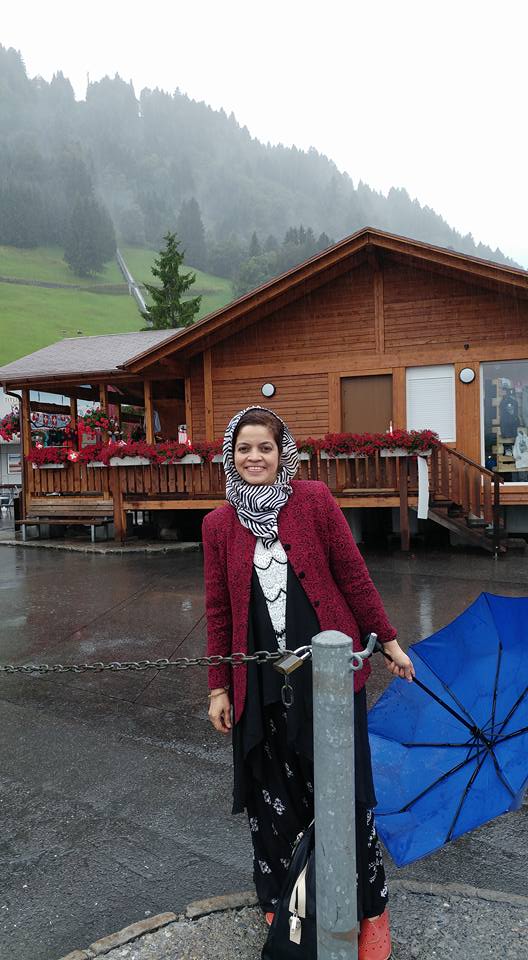
A report says that World Bank helps Bangladesh strengthen fiscal and financial sector policies and resilience to economic Shocks. What’s your comment regarding this?
The World Bank as a long-standing development partner of the GoB has been working hand in hand on fiscal and financial sector policies. W.B.’s support is aligned with the GoB Development Plan. However, as the banking sector hasn’t come under any meaningful reform over the past decades, W.B.’s assistance in the financial area remains insignificant.
Since the World Bank is providing financial aid to Bangladesh to strengthen its fiscal and monetary sector policies, we would like to know how this organization is forecasting future assistance in other sectors as well.
The Government’s needs and priorities determine W.B.’s assistance. Currently, W.B.’s assistance for active and pipeline portfolios is about $3.5b covering almost all sectors. Major sectors where the largest financing goes are health, education, social protection & job, energy and extractives, agriculture & food, transport, environment & natural resources, and urban resilience and land.
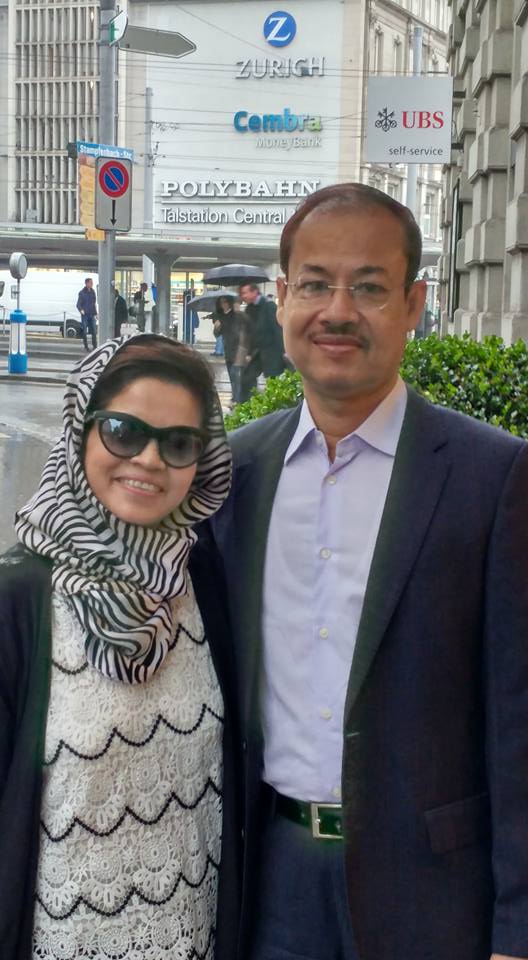
How many projects are under your supervision currently? How do you manage those all, regardless of the project’s size?
My job, including the annual work plan, defines my roles and responsibilities. At the portfolio level, I oversee quality assurance of approx. 54 projects ensuring that WBG-financed operations are carried out in accordance with applicable financial management policies, procedures, and instructions.
At the country level, I provide capacity-building support to strengthen the country’s public financial management system, work on analytical and advisory services, and public financial accountability issues. Currently, I’m leading the implementation of Bangladesh’s first and largest P.F.M. reform program amounting to US$ 125m.
As a part of cross support globally, I also need to contribute to the Bank’s corporate tasks, such as the preparation of policy and thematic notes and regional, Global Practice, and corporate knowledge products.
Of course, working at the World Bank is many people’s dream. Would you guide us through your career evolvement, and what would be your suggestion to the upcoming candidates?
I can speak for finance professionals who mostly come from private sector backgrounds. If you dream of working with W.B., orient yourselves towards public sector financial management policies, systems, and practices considering that the recipient of W.B.’s financing is the Government. Through this exposure, Finance professionals can position themselves uniquely by having both public and private sector knowledge and expertise.
Evaluate your strengths and build on them. Prepare yourself to answer why you think you qualify for a job with W.B. and what contribution you can make to its operation and mission at large.
Also, be mindful to work under severe pressure that affects work-life balance. Therefore, prepare yourself to work in such an environment and learn the art of multitasking. These soft skills help regardless of whether you work with W.B. or not. Lastly, be on the lookout for job postings on the W.B. intranet!
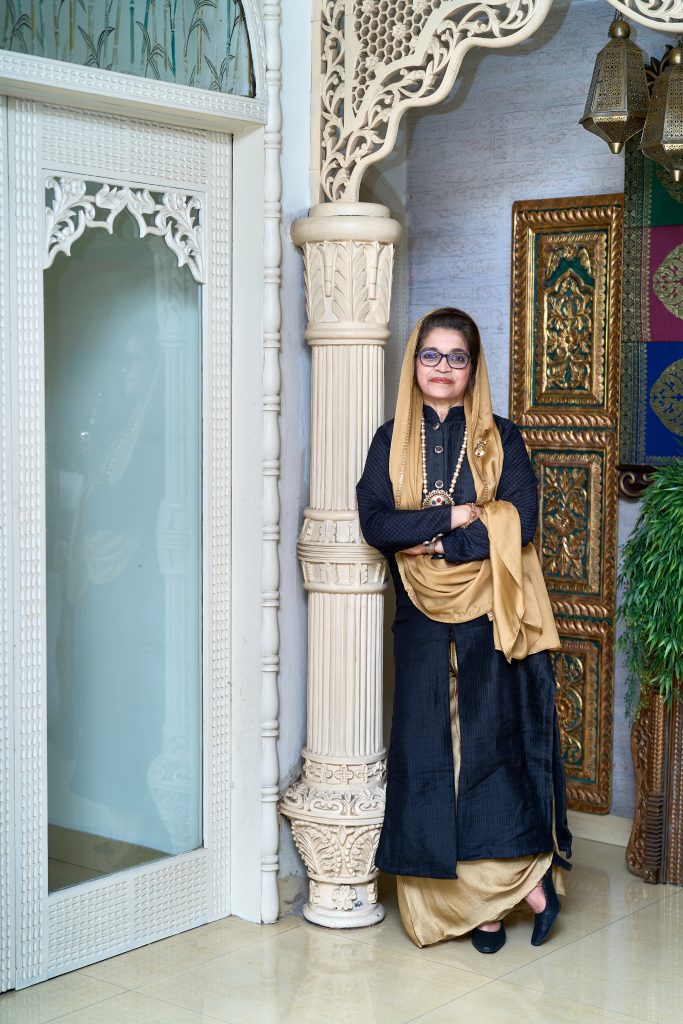
Ms. Suraiya, thousands of hearts follow you. Please say something to them.
- If you really want to succeed, form the habit of doing things that failures don’t like to do.
- Set your goals, identify challenges and mitigation measures, learn from other people’s mistakes, mobilize internal (home front) and external support, have patience, devote your heart and head to your goal, and work hard – You are done!
- Don’t do business as usual. Think out of the box. Earn extra mileage by going an extra mile and trying to do something innovative.
- Stay connected with youngsters who are today’s leaders across the technology-driven trade and business world and with Seniors for their wisdom and experience.
- Do networking in professional and business circles, and socialize with friends and extended family members.
- Be content and happy with whatever you have or achieve. Remember those who do have a fraction of what you are blessed with. Be thankful to Allah.
- Life is for a purpose. Your achievements are not to benefit you only. Others have a part in it. Recognize this and share your attainments in whatever form with others, particularly with those who are not as privileged as you are.
- For Women, carry yourself with dignity and gracefully. Never allow your ability, knowledge, and hard work undermined by asking for unusual or special consideration. Excel and compete by merit and performance, not by favor. And never suffer from Asian Women syndrome of not speaking up when needed.
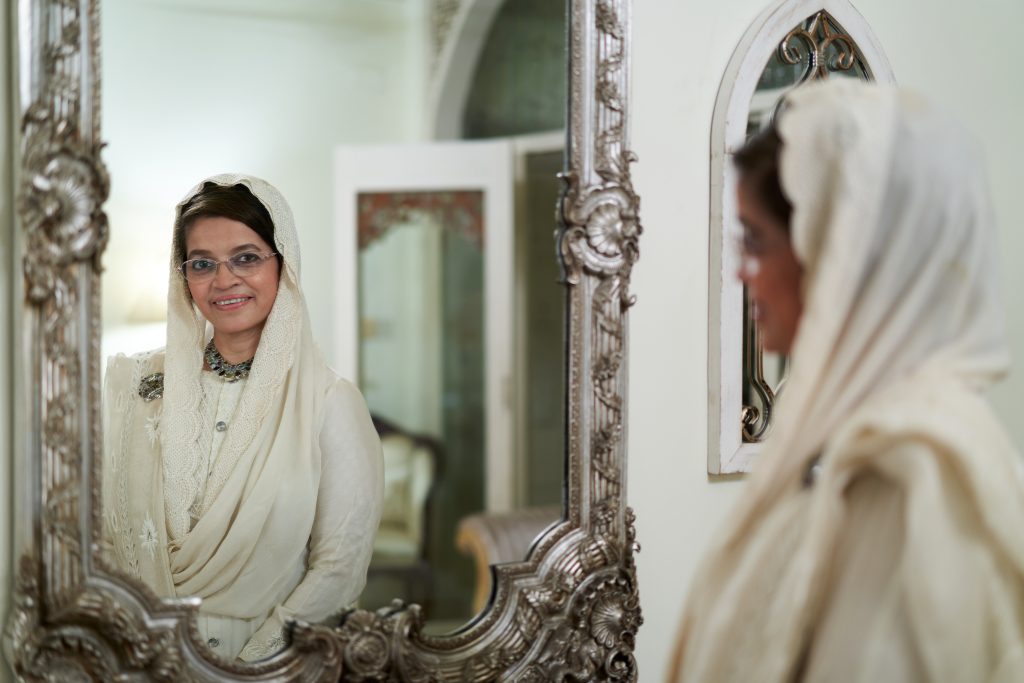
In a male-dominated society, when men rise up, the general view is that it is a well-deserved recognition due to their knowledge and performance. For women, there is always something extra cause- relationship, favor, and special consideration. I know so many promotion cases with such tags. We women often unknowingly create this perception. Be cautious, please!
Men are an important part of life; there is a balance in the world. If there is black for white, there are men for women. All women should have a mental frame where they see themselves as equal to men but do not underestimate the special Power and strength bestowed to men by our creator. Your role as wife, Mother, and daughter makes a huge difference. Unlock your virtues to benefit family first and adjust for the sake of peace and happiness.
- One last thing I want to say is; to be humble, respectful, positive, and helpful, not just in the workplace but in every sphere of life if you truly want to be a good human being.
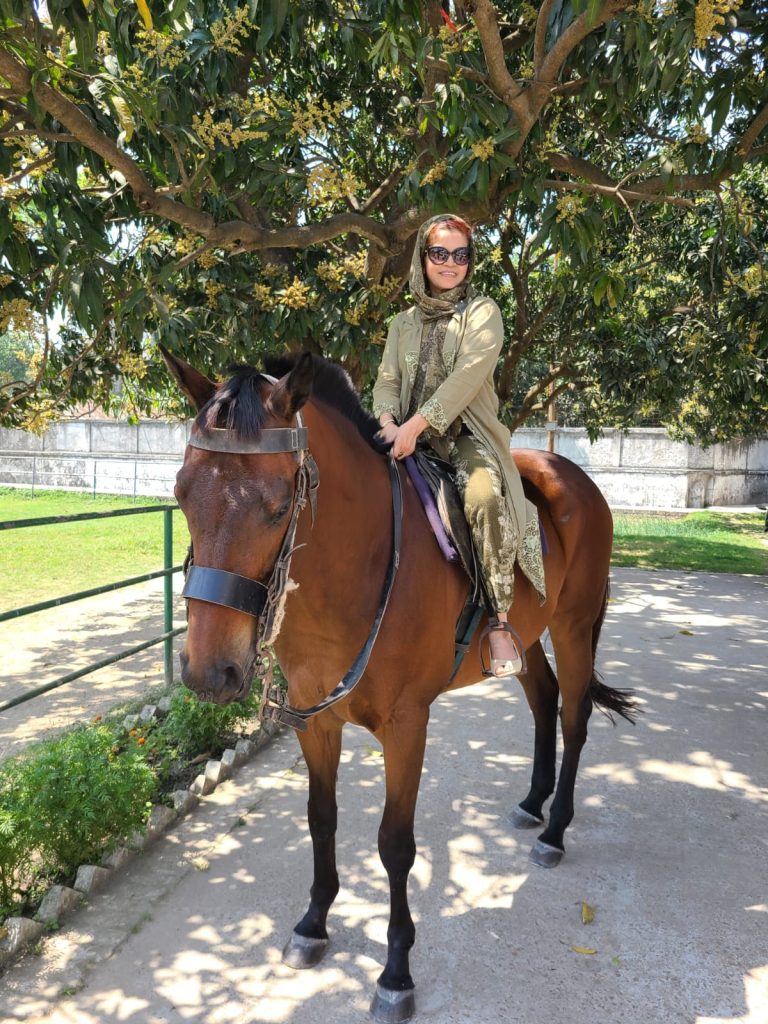
Self Portrait
Ms. Suraiya, how has your academic life enlightened you?
Suraiya Zannath: Academic life will remain an unforgettable episode, and the memory will never fade away over time. I studied at Dr. Khastagir Government Girls’ High School, a well-known school in Chittagong. I, together with my sisters and friends, used to walk a half mile to go to school and often with an umbrella during rainy seasons. It may sound strange in today’s context when students are not allowed to move freely or unattended.
I recall how much I used to enjoy buying pickles, pakora, and papad by extending my hand through the narrow gate and playing traditional games in the big playground. I still think of heart-thumping moments at the time of the annual report card. All day I spent calling Allah, asking for Dua so that I would receive an annual report card from the Principal instead of the class teacher which meant I passed the exam. Notes between friends were exchanged so selflessly to ensure that no one in the group is left out from receiving them.
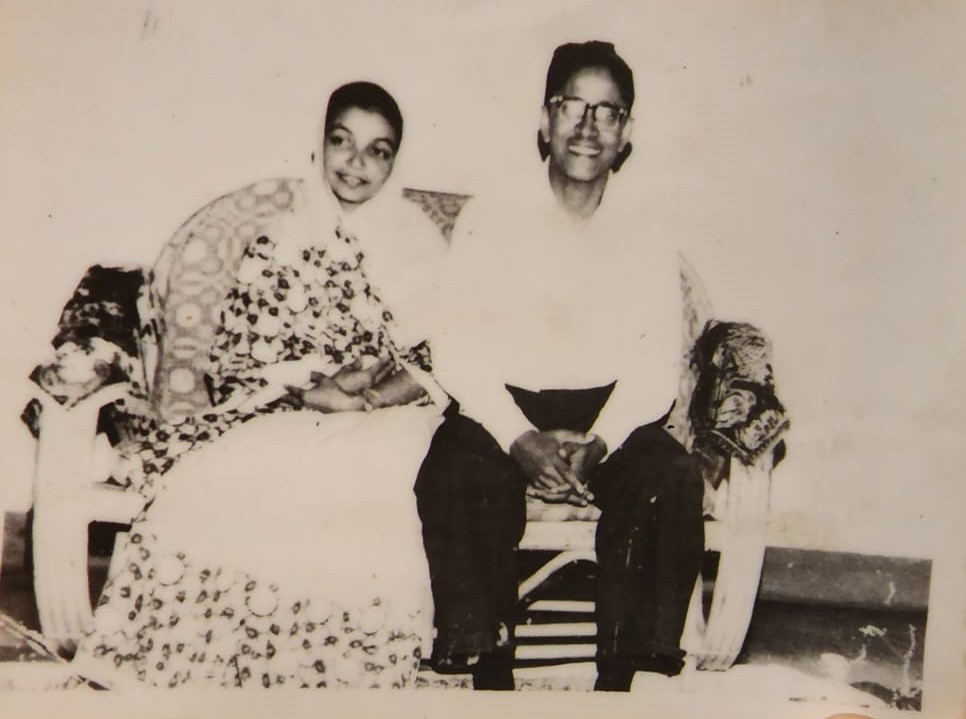
I’ve come across many friends in different stages of life, but no comparison with school friends. They are lifetime friends- so deeply bonded. We still make out time to meet and have fun over sweet memories. The annual gathering of Dr. Khastagir Government Girls’ High School alumni connects students of all batches.
College life was not as pleasant as school days. It could be due to separation from school friends and strict rules for girls in Chittagong Commerce College where I did my H.S.C. and graduation (B.com). Yet academic life has had a profound impact on me. I learned the fundamentals of discipline, ethics, and values during these periods.
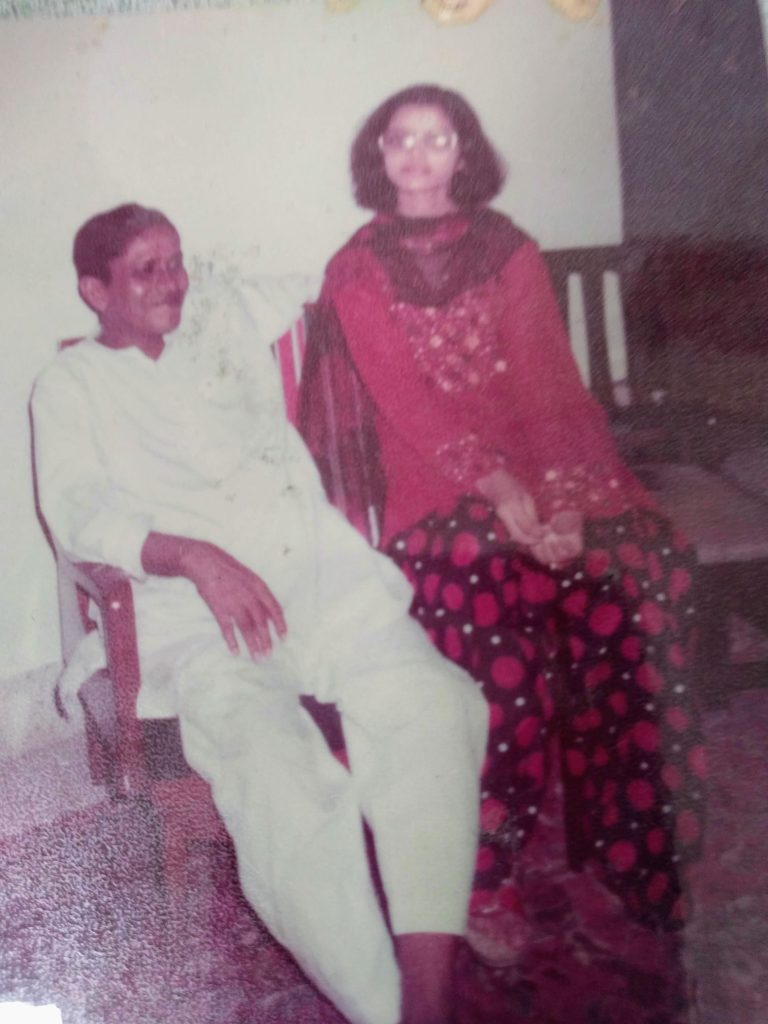
How would you define your childhood and experience of growing up?
I grew up in a moderate Muslim family in Chittagong, along with 7 sisters and two brothers. I had a comfortable, secure, and exciting childhood with the right amount of support and confidence. My Mother was a strong pillar of support for the entire family, including my father, who was a renowned lawyer. It was my Mother’s farsightedness, courage, and motivation that made it possible for me to pursue a tough profession like C.A. In the relatively conservative society of Chittagong, it was not an easy decision for my Mother.
SHAIR, our home named after my Mother, was the best premise for learning religious, social, and family values. Providing the best education, teachers, institutions, and the best of what they could afford made myself and siblings excel in their academic and professional careers. We were brought up with respect for our individual feelings and ideas but with clear boundaries of “D.O. and Don’t”.
What is your life philosophy?
“Jump into water and you’ll learn how to swim.” My philosophy in life has always been “jump into the water”; you have no option but to swim. If I’m managing marriage, motherhood, social work, and a time-consuming career it is because I give myself no choices. Once I put my mind to something, I do it. I don’t put limits on my time or ability, and somehow everything falls into place.
I do think we all have enough time; it is a matter of scheduling and organizing things properly. Of course, I won’t do things where my heart is not into it, and there is no value added.
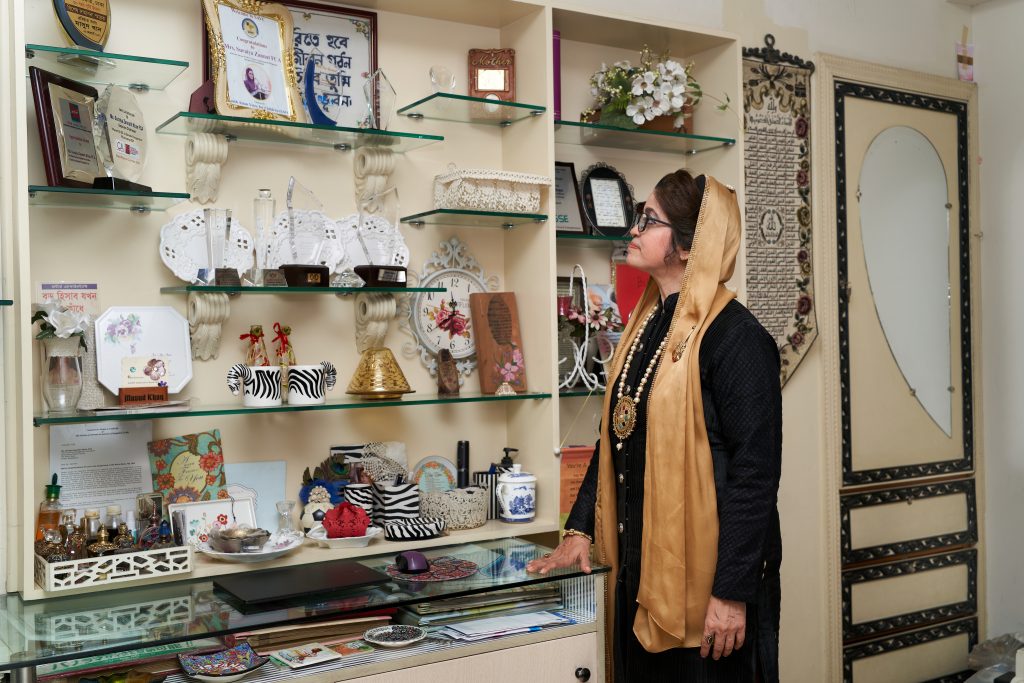
Ms. Suraiya, what’s your plan for Bangladesh and its native people?
There are so many. By virtue of working with a world-class development organization, I’m always intrigued with thoughts and ideas, be it for job-related or social work, or personal.
Whatever I’m currently doing through my job has, one way or other, benefited the people of Bangladesh. I’m very happy that I was able to work with the Ministry of Finance to improve the civil service pension system. For years I saw the sufferings of retired officials who had to cross 14 steps to get their legitimate pension payments. The average delay was 6-12 months. I had to absorb criticism about development partners pouring financing for improved financial management, which could not bring any tangible relief for the hassles faced by pensioners. It pained me a lot.
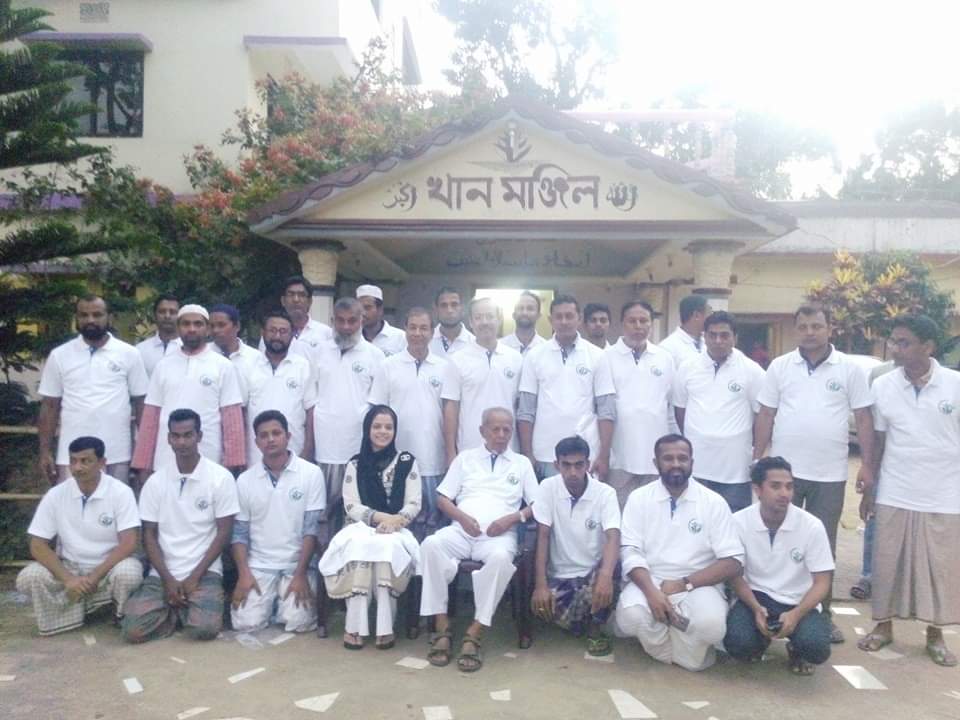
Slowly and gradually, I was able to convince the Government to reform the age-old pension system. This has led to today’s civil service pension reform- one of the well-performing components of the US$100m Public Financial Management Reform Program. Pensioners now get pension payments electronically within one month.
Going forward, I plan to work on a universal pension system benefiting people at large and make Bangladesh a model for others to follow.
I also have plans to do something for S.M.E. sectors to ensure entrepreneurs’ access to S.M.E. finance and make S.M.E. as the main contributor to the growth of the Rural and Urban economy.
I also dream of establishing a full-fledged Bank for Women, which will promote and support 100% finance to the women entrepreneurs -a Bank which will be by the Women, of the Women, and for the Women. This is not an easy task for an ordinary Bangladeshi to accomplish but no harm in dreaming. I motivate myself by Indian president A.J.K.’s great saying- “dream is not what you see in your dream; the dream is what keeps you awake to materialize your dream”.
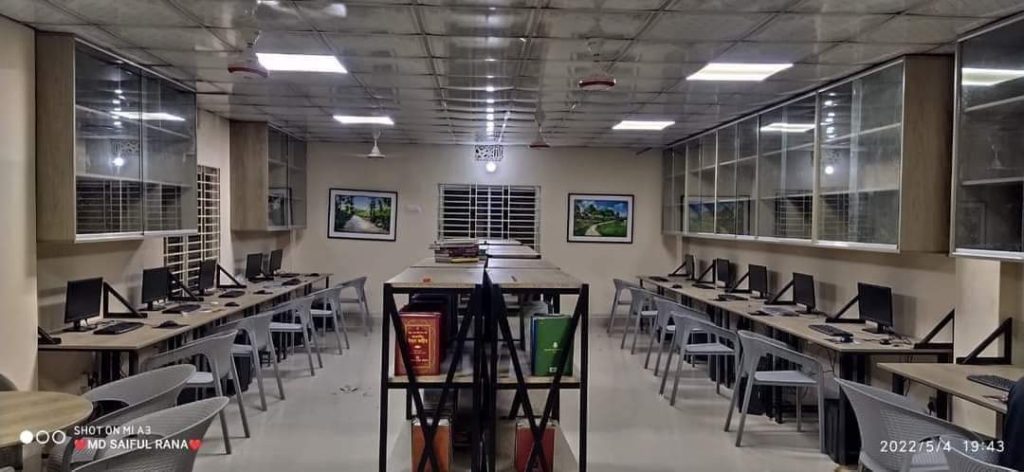
I have another plan to push hard health Sector reform where Donors invest billions of dollars, but health services hardly benefit Bangladesh citizens. The situation in upazila and villages is even worse. I also feel a lot can be done for autistic or physically handy-capped people. COVID-19 was a great opportunity to turn Bangladesh from a medical hub to an international standard and bring private investment. There are so many missed opportunities due to a lack of forward-looking planning. I wish to retire comfortably by doing something for the health sector in Bangladesh.
On social and human well-being activities, I plan to establish an eye hospital and vocational & digital training institute in our village. My focus is to link people to basic health, education, and employment needs.
I’d also like to modernize the existing big orphanage in Chittagong and make it a decent living home for orphans. The plan is also there to connect all orphanages into a common platform so that there is equal distribution of donations and other forms of assistance.
Last but not least, I’d like to expand our family business with respect to restaurants (Sajna) and hotels in a way that caters to the emerging needs of people of all levels.
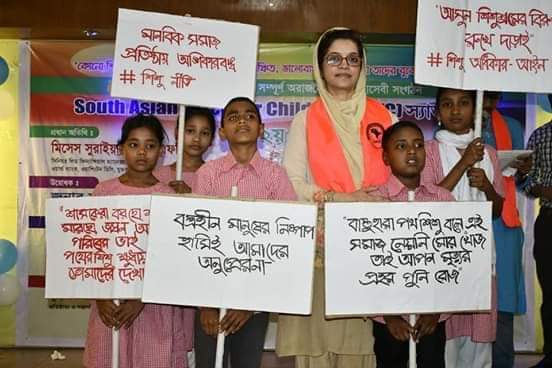
I’m happy to share that I have already started working on these activities and created the foundation to build on. Considering today’s world driven by technology and the need to connect with digital education, I have already established a digital library called “Chunaty Light House” in our village home which accounts for 96% educated folks.
I established an orphanage for orphan girls and named it after two influential women in my life, the two mothers- my Mother in law and my mother “Marfua and Jebunessa begum female Etim khana and Hostel” which can accommodate 200 plus poor and female orphans. It is a matter of great contentment that I was able to construct a beautiful orphanage for girls who were neglected by their own families as well as society.

As for medical support to poor people, I’ve been in collaboration with Lion’s eye hospital and Lions club of Parijat Elite. With the support of family members, my husband, and a group of dedicated people, I have been arranging eye camps annually to provide three types of assistance to an average of 1000 people in the village- eye operation, power glasses, medicine, and treatment for complex cases. It gives me immense pleasure to see people once without proper eyesight now read, ride and move freely.
The InCAP: It was such a pleasure talking to you. Thank you, Ms. Suraiya Zannath!
Suraiya Zannath: Such a pleasure for me. Thank you very much to all of you. All the best wishes for InCAP and The InCAP.
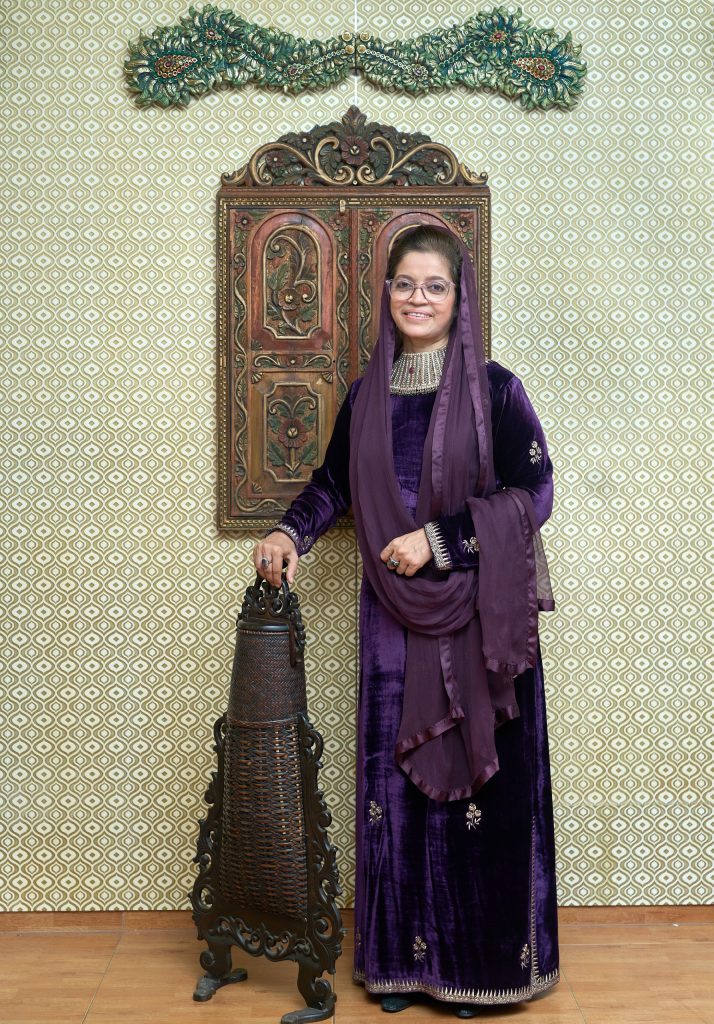
Quick Chat
The greatest achievement of your life as of now
Become country’s first female Chartered Accountant; Service at World Bank as an international civil servant holding U.N. passport.
How do you define patriotism?
Feeling of love, commitment, and allegiance toward the country’s well-being and its people.
The greatest philosopher in your view
Socrates, Aristotle
Meaning of “Success” to you
Try not to become successful all the time but rather try to become a person of value.
Your Icon
My Mother who was unique, tranquil, and exemplary.
Name the most influential books you have read
You Can Win- Shiv Khera
What did you want to be when you were a child?
Can’t recall what I wanted to be when I was a child. All I remember about my childhood wish was to eat plenty of Comilla Rash Mallai!
Which is the best gift you’ve ever received?
My two lovely boys.
If I have to say, one more gift I’m abundantly blessed with is my illustrious Parents.
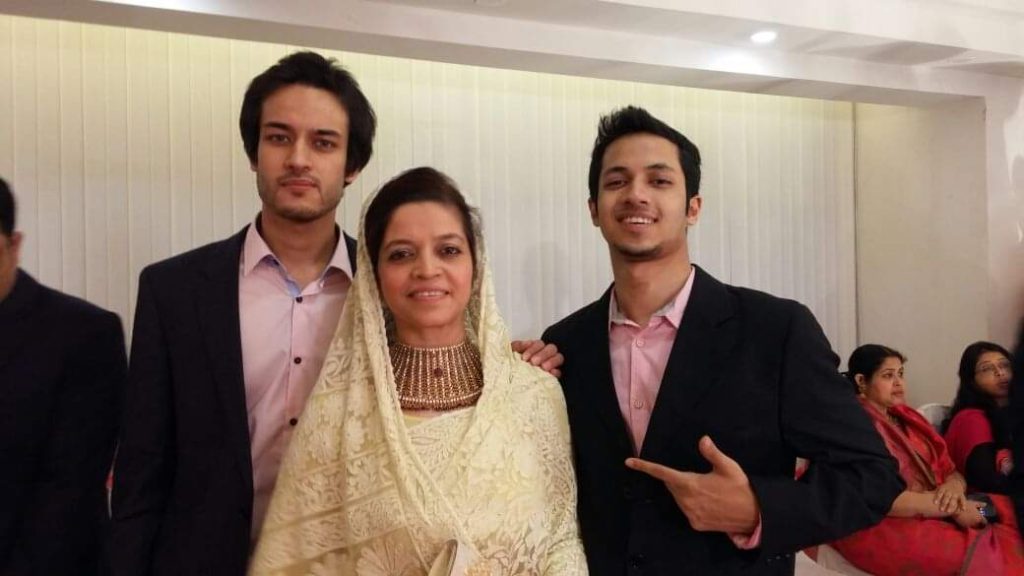
Your greatest fear
To be dependent on others and become senile as I grow older.
Favorite Poet and Author
Poet- Kazi Nazrul Islam
What motivates you?
Recognition and Gratefulness
I also gain joy and energy from the happiness of people I assist in various ways and from their satisfaction, as I know they, in turn, wish for my family and sons what they wish for their own.
How do you want to be remembered?
I want to be remembered for kindness, generosity, caring, and above all, being a good human being.
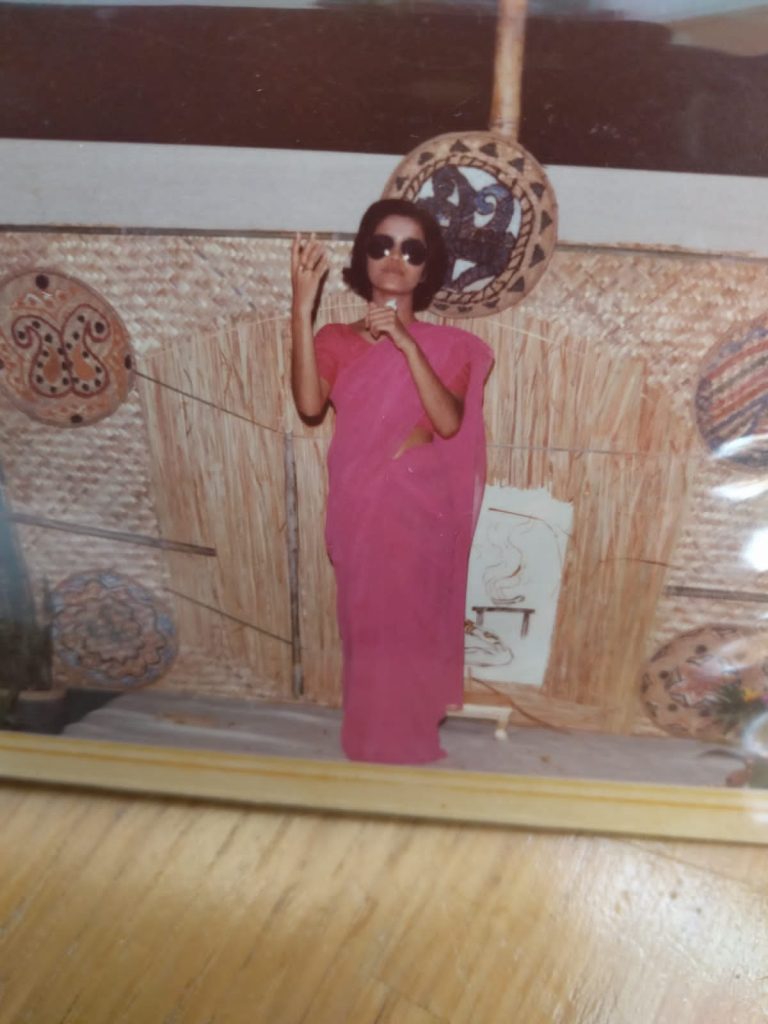
Your favorite holiday destination
It keeps changing. For now, Seattle and our garden home in the village.
Best piece of advice you’ve received
Don’t take revenge. The rotten fruits will fall by themselves.
You in only three words
Kindhearted, helpful, and fighter.
To read more Cover Stories, Please Click Here!



